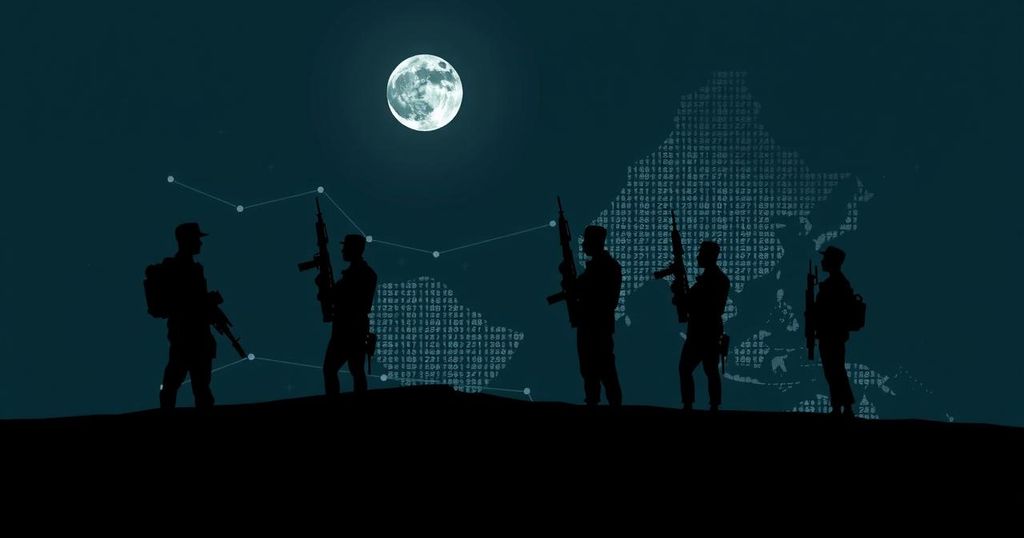U.S.-China Military Dialogue: A Cautionary Exchange Over South China Sea Activities
In a significant diplomatic exchange, a senior official from the United States military cautioned his Chinese counterpart regarding Beijing’s “dangerous” maneuvers in the South China Sea. This exchange marks a notable step in efforts to re-establish military dialogue amidst ongoing tensions between the two nations over various issues, including trade, the status of Taiwan, and China’s assertive activities in contested maritime areas.
Commander Samuel Paparo of the U.S. Indo-Pacific Command engaged in a video call with General Wu Yanan, head of the Chinese army’s Southern Theater Command. During this discussion, Paparo emphasized the necessity for consistent communication between the U.S. military and the People’s Liberation Army (PLA) to clarify intentions and mitigate the risks of misinterpretation or miscalculation, as stated in an official communication from his command.
Paparo specifically addressed recent “unsafe interactions with U.S. allies” by Chinese forces, urging the PLA to reevaluate its use of threatening and potentially escalatory tactics in the South China Sea and beyond. These remarks come in light of heightened confrontations between Chinese and Philippine vessels, particularly a recent incident involving a Chinese coast guard ship reportedly ramming a Philippine vessel during a maritime clash.
The Chinese military’s Southern Theater Command, overseen by General Wu, is tasked with overseeing operations in the South China Sea, a region China claims almost in its entirety, despite competing claims from other nations and an international ruling invalidating such claims.
In the aftermath of this call—the first of its kind since China suspended military communications with the United States following the visit of then-House Speaker Nancy Pelosi to Taiwan in 2022—Wu detailed that he engaged in “in-depth” discussions on shared concerns with Commander Paparo. This interaction follows a recent visit to Beijing by U.S. National Security Advisor Jake Sullivan, wherein he met with senior military official Zhang Youxia. During that meeting, the two parties agreed on the necessity for future communication between their military leaders.
The discussions underline the crucial imperative of maintaining freedom of navigation in the South China Sea and ensuring stability in the Taiwan Strait, as stated by the Biden administration. In response, Zhang articulated China’s strict stance regarding Taiwan, labeling it a “red line” in U.S.-China relations and calling for an end to U.S. military collaboration with Taiwan, as well as a halt to the provision of arms and the dissemination of misinformation concerning Taiwan.
In conclusion, the recent dialogue illustrates the ongoing complexities of U.S.-China relations, particularly in the realm of military engagement. Both nations appear eager to establish a framework for communication to prevent misunderstandings that could lead to conflict, necessitating ongoing vigilance and diplomatic efforts moving forward.
Title: U.S.-China Military Dialogue: A Cautionary Exchange Over South China Sea Activities








Post Comment